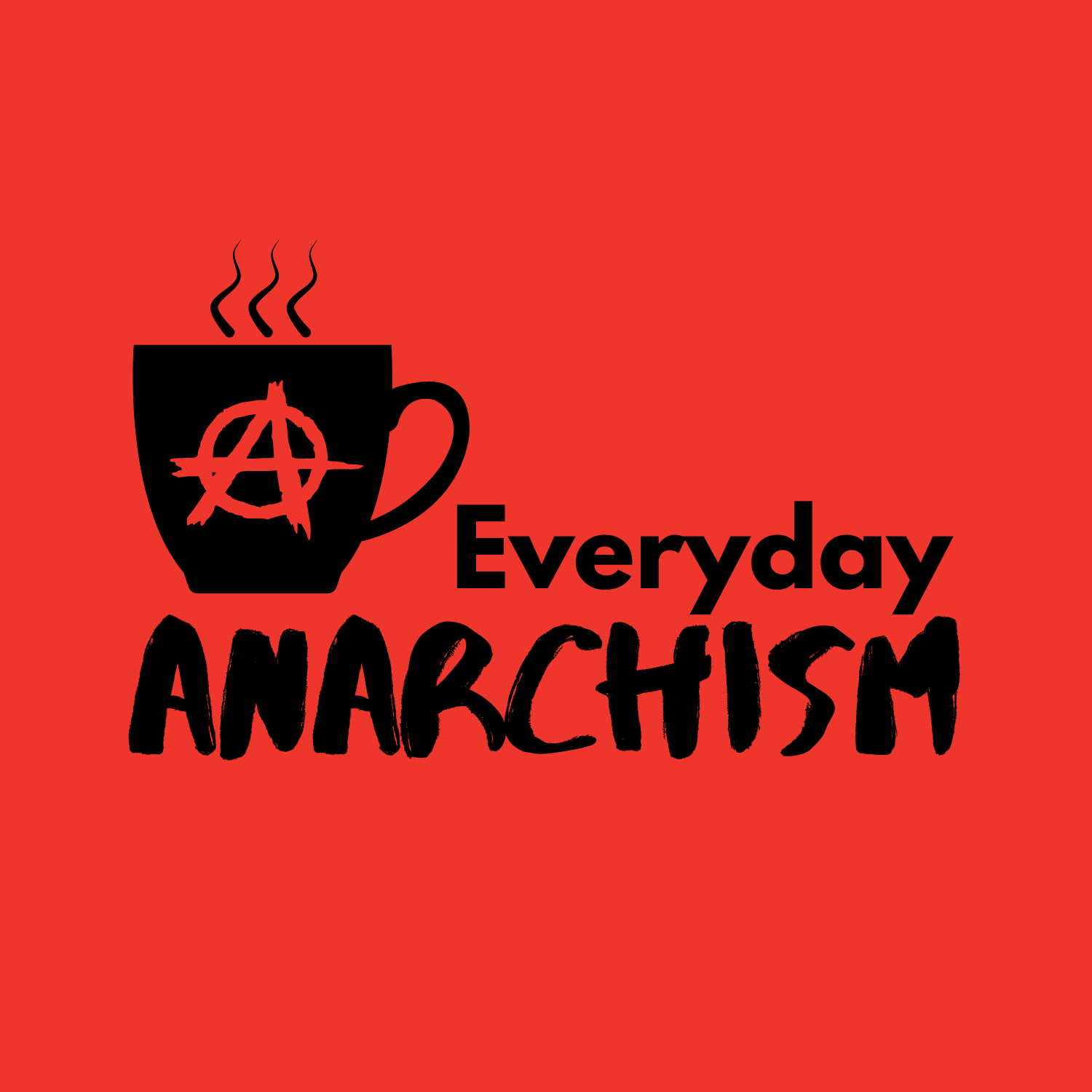Meet Graham

Graham Culbertson’s interest in anarchist philosophy intensified during the COVID-19 pandemic, when he saw the injustices of the world thrown into stark relief and began questioning the foundational assumptions of many societies -- things that make good people shrug and say, “It’s terrible, but that’s just the way it has to be.”
But does it? Why?
And thus began a journey that’s brought us to this point.
Before quitting his job, becoming a stay-at-home parent, and starting an anarchist podcast in his basement, Graham earned a PhD in American Literature and Culture at UNC-Chapel Hill, and taught at elite public high schools for 7 years. He also has experience teaching in higher ed, at 3 different universities.
Graham’s dissertation was about progressive social and political movements at the turn of the 20th century -- the Gilded Age. He studied American Naturalist literature, which emphasized the cruelty of sociopolitical structures of the day, incorporating important thinkers and activists of the time such as Frederick Douglass, Jane Addams, and Frederick Law Olmsted.
Since the pandemic, Graham has turned his interest to the more radical edges of social change, and he's especially passionate about sharing a useful version of anarchism with people who've dismissed it in the past.
When people think about anarchy, or anarchism, they think about radical change, revolution, destruction. But that’s not necessarily what the leading anarchist thinkers have thought and written over the past 200 years. Many of them focus on the collective, on helping and supporting each other -- Mutual Aid.
The core idea of this podcast, Everyday Anarchism, comes from David Graeber, who wrote that our everyday life is mostly run on anarchism, and at the same time people believe that anarchism doesn’t work. One of these is wrong.
All the forces that shape our lives are secondary to our own choices, and our own communities.
Let’s get this bread.
